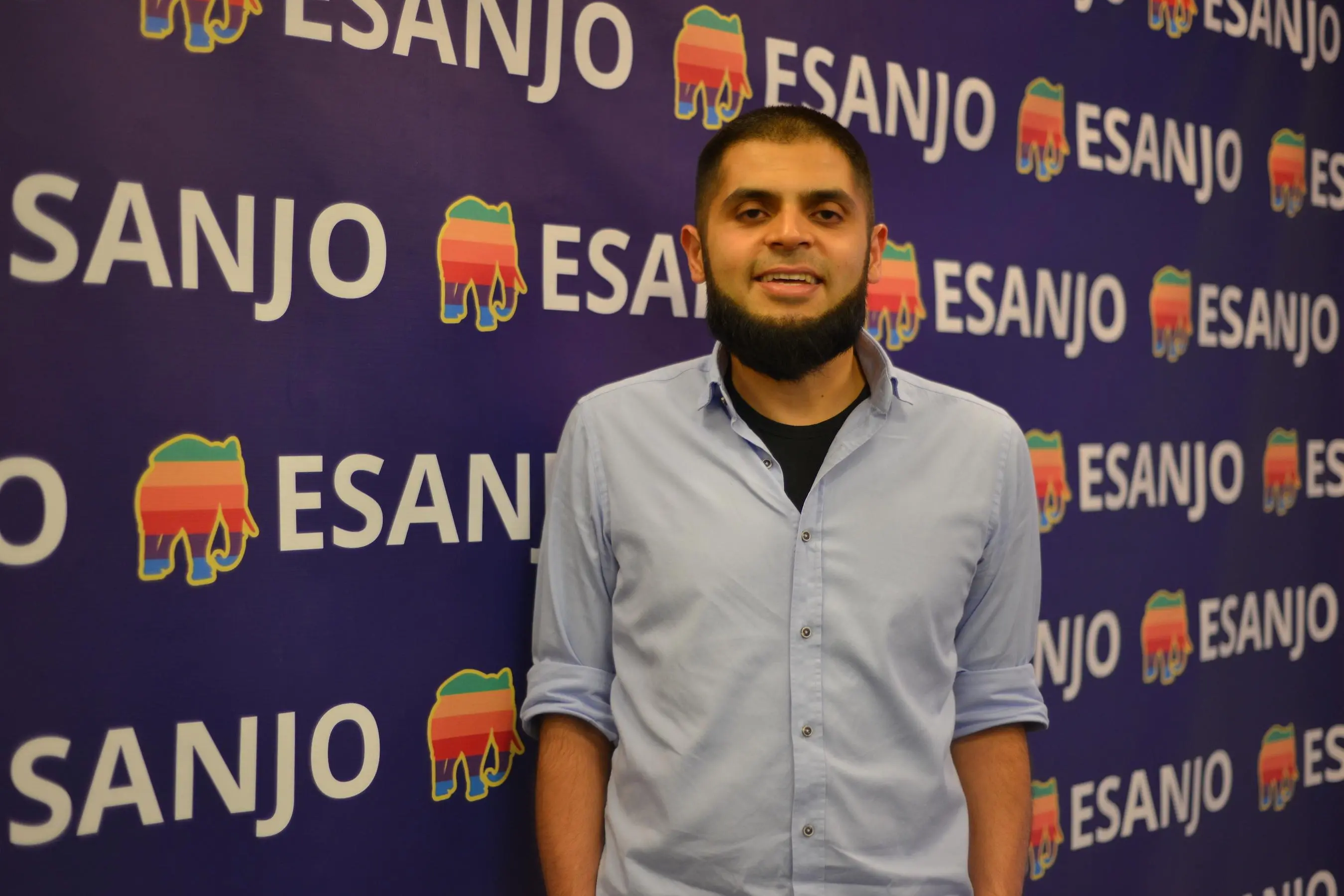PHOTO
(A correction was made to a quotation in the sixth paragraph).
Omar Kassim, the digital entrepreneur who sold e-commerce site JadoPado to competitor noon last year, has halted plans to create a new cryptocurrency exchange in the United Arab Emirates.
Kassim had announced plans to launch a new cryptocurrency exchange called BitPado in January at an unspecified location in the region, with "at least some of it" based out of Dubai. It planned to offer an exchange and OTC (over the counter) trades in cryptocurrencies to customers serving the Middle East, Africa and South Asia regions.
However, in a blog post published on Sunday, Kassim said that "after having spent a number of months researching and working on an early product, we have decided to park any further development of BitPado", citing regulatory and banking challenges, as well as waning interest in the cryptocurrency space as asset prices decline.
Kassim acknowledged in a telephone interview with Zawya on Monday that "locally, we've seen some development" in regulation in the emirates, with the UAE’s Securities and Commodities Authority announcing a resolution to regulate initial coin offerings on Sunday, according to state news agency WAM, and the Abu Dhabi Global Markets announcing the launch of a new crypto asset regulatory framework in June. However, in his blog post he highlighted the fact India, Pakistan, Saudi Arabia, Kuwait and Qatar had effectively banned their use, meaning "the struggle for legitimacy and acceptance has become an attritional uphill battle".
Kassim told Zawya: "Then, today, when you look at where prices are in the crypto space... you've seen a massive deflation in prices, which was expected to happen but I think it's been exasperated by regulatory and banking action and we're seeing our share of that in the region, essentially.
"I think when you're in that environment, it's extremely challenging to build a business. And at the end of the day we're in it to build a business and eventually to turn a profit on that business. If you're not able to do that, I don't think it makes sense for anyone to just be building a product just for the sake of it, regardless of how much interest there may be."
Excitement around cryptocurrency hit fever pitch just weeks before Kassim announced the launch of BitPado in January. According to Luxembourg-based exchange Bitsamp, the most popular cryptocurrency, Bitcoin, increased in value from just over $600 in September 2016 to $19,187.78 in December last year. Since then, however, its value slumped and closed at $6,236.04 on Sunday. Other cryptocurrencies have witnessed similar trading patterns, with both Ethereum and Ripple spiking in January this year before falling sharply in value.
"I think we're reflective, to be honest, of developments in the space," Kassim said. "I think crypto has shot up very quickly and come off very quickly. I think it will have an impact - it's just a question of what that impact will actually turn out to be."
There are already two existing Dubai-based cryptocurrency exchanges operating in the region - BitOasis was founded by Ola Doudin in 2014 and Palmex was founded by Saudi entrepreneur Mohammed Alsehil earlier this year. Both have had to overcome regulatory hurdles, though, and in August Doudin said in a press statement that "regulations are absolutely fundamental" to the development of digital assets and blockchain technology in the region.
Kassim, who also recently abandoned an idea to build a blockchain-based business offering fractional real estate ownership citing a lack of regional infrastructure, said that he has "kept building other stuff", including a new mobile payments product known as Lunatap.
He said that Esanjo - the company set up for the fractional real estate venture - was now serving as a type of holding company for a number of potential new ventures.
"We've got one project out and we've got another couple in the pipeline. We're continuing to build stuff - we like building products."
(Reporting by Michael Fahy; Editing by Shane McGinley)
(michael.fahy@thomsonreuters.com)
Our Standards: The Thomson Reuters Trust Principles
Disclaimer: This article is provided for informational purposes only. The content does not provide tax, legal or investment advice or opinion regarding the suitability, value or profitability of any particular security, portfolio or investment strategy. Read our full disclaimer policy here.
© ZAWYA 2018





















